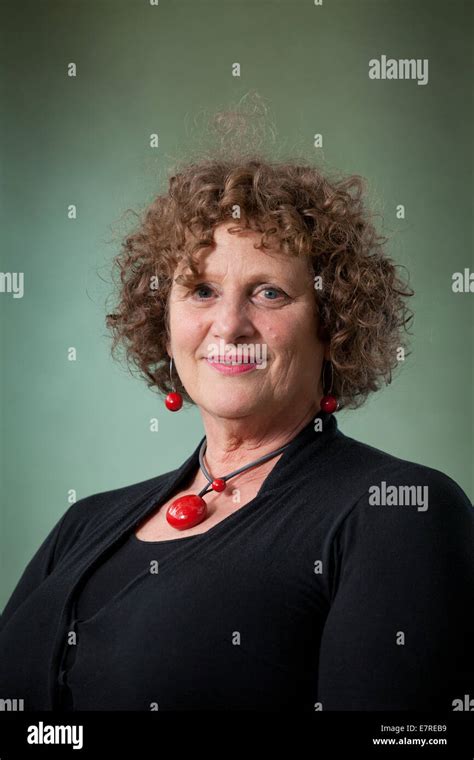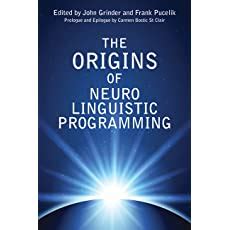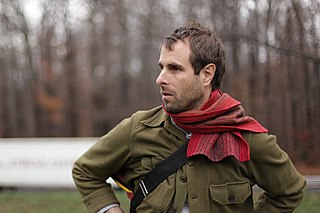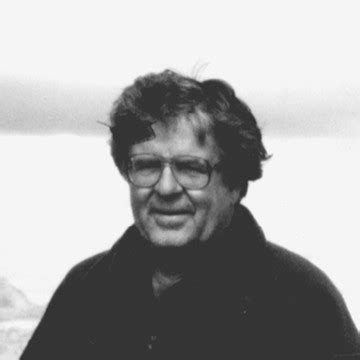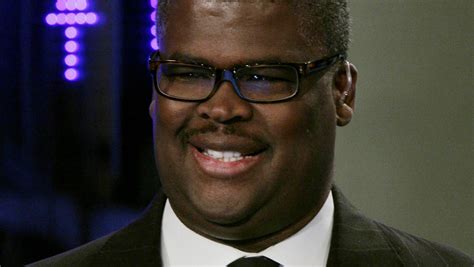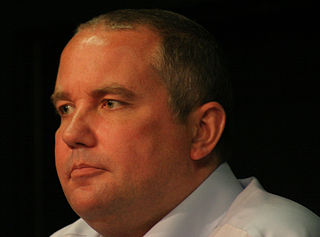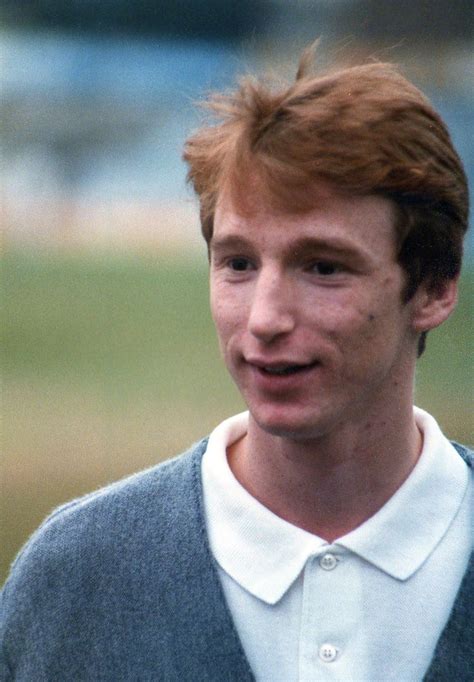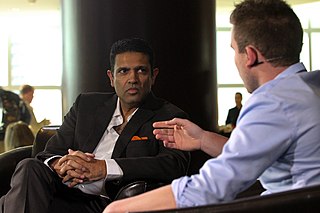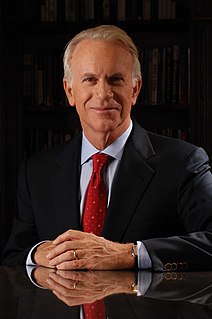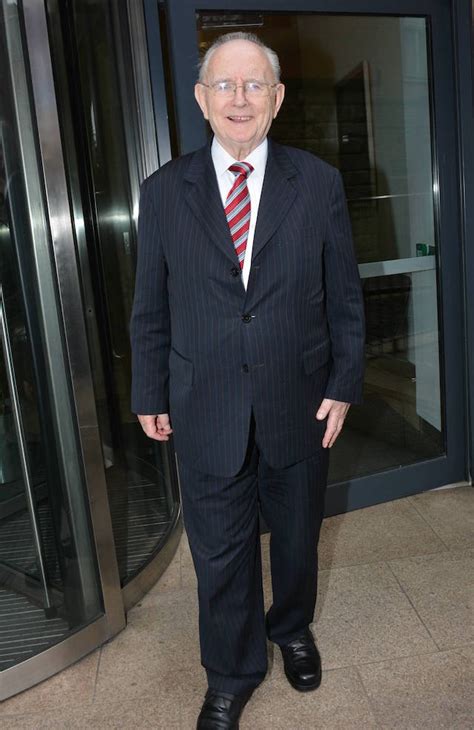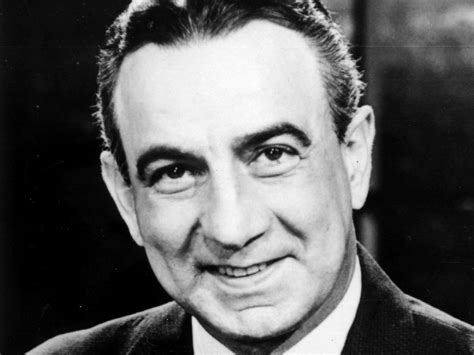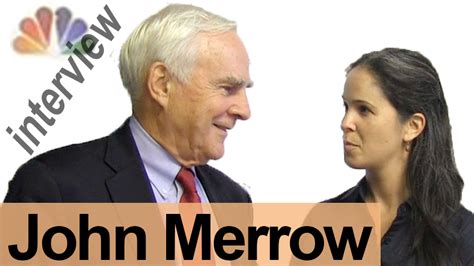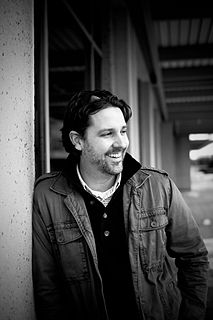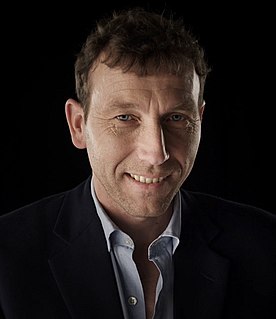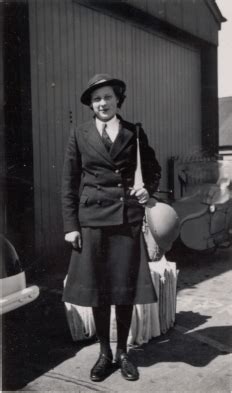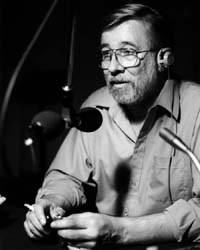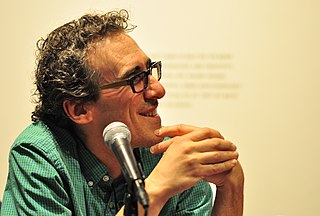A Quote by Ramona Koval
We read to find out what the world is like, to experience lots of lives, not just the one we live. If it is true that our lives are chaotic and we crave a shape, stories are the shapes that we put on experience, containing all the wisdom in the world. We can even choose what kind of wisdom suits us.
Related Quotes
We read novels because we need stories; we crave them; we can’t live without telling them and hearing them. Stories are how we make sense of our lives and of the world. When we’re distressed and go to therapy, our therapist’s job is to help us tell our story. Life doesn’t come with plots; it’s messy and chaotic; life is one damn, inexplicable thing after another. And we can’t have that. We insist on meaning. And so we tell stories so that our lives make sense.
I think that when people read fiction, they're really reading for wisdom. I am. That's what most of us really love. If we read a novel that rocks our world, it's because there's something in it that we didn't know already. Not just information but really wisdom - sort of what to do with our information. And wisdom comes from experience.
Experience is the best teacher. But in our day and time, what we need is wisdom, because wisdom overcomes experience, because experience is wisdom, but there's a level of wisdom that overcomes the experience, and that's the experience that's already lived by others. I'm not trying to repeat the histories. I already learned from what they did.
Reading has always brought me pure joy. I read to encounter new worlds and new ways of looking at the world. I read to enlarge my horizons, to gain wisdom, to experience beauty, to understand myself better, and for the pure wonderment of it all. I read and marvel over how writers use language in ways I never thought of. I read for company, and for escape. Because I am incurably interested in the lives of other people, both friends and strangers, I read to meet myriad folks and enter their lives- for me, a way of vanquishing the “otherness” we all experience.
There appear to be no integrating forces, no unified meaning, no true inner understanding of phenomena in our experience of the world. Experts can explain anything in the objective world to us, yet we understand our own lives less and less. In short, we live in the postmodern world, where everything is possible and almost nothing is certain.
The media we surround ourselves with allows us to manufacture our own experience every day, which is a perception of the world that is our own invention entirely, whether it is on social media or what we choose to absorb. This was very different when I was a kid, like generations before us we were exposed to things that were not entirely on our terms. We had to wrestle with and find the relationship with the world around you. It was literal experience, unlike the form of protracted psychic masturbation that is the digital world we live in.
We tell stories to talk out the trouble in our lives, trouble otherwise so often so unspeakable. It is one of our main ways of making our lives sensible. Trying to live without stories can make us crazy. They help us recognize what we believe to be most valuable in the world, and help us identify what we hold demonic.
A philosopher is a lover of wisdom, not of knowledge, which for all its great uses ultimately suffers from the crippling effect of ephemerality. All knowledge is transient, linked to the world around it and subject to change as the world changes, whereas wisdom, true wisdom is eternal, immutable. To be philosophical one must love wisdom for its own sake, accept its permanent validity and yet its perpetual irrelevance. It is the fate of the wise to understand the process of history and yet never to shape it.
There are moments in our lives, there are moments in a day, when we seem to see beyond the usual- become clairvoyant. We reach then into reality. Such are the moments of our greatest happiness. Such are the moments of our greatest wisdom. It is in the nature of all people to have these experiences; but in our time and under the conditions of our lives, it is only a rare few who are able to continue in the experience and find expression for it.
We all have secret lives. The life of excretion; the world of inappropriate sexual fantasies; our real hopes, our terror of death; our experience of shame; the world of pain; and our dreams. No one else knows these lives. Consciousness is solitary. Each person lives in that bubble universe that rests under the skull, alone.
We all have within us a deep wisdom, but sometimes we don't know we have it. We live in a culture that doesn't acknowledge or validate human intuition and doesn't encourage us to rely on our intuitive wisdom. Much of the Western world emphasizes rationality and reason, but overlooks or ignores the enormous value of intuition and instinctive wisdom.
The significance of our lives and our fragile planet is then determined only by our own wisdom and courage. We are the custodians of life's meaning. We long for a Parent to care for us, to forgive us our errors, to save us from our childish mistakes. But knowledge is preferable to ignorance. Better by far to embrace the hard truth than a reassuring fable. If we crave some cosmic purpose, then let us find ourselves a worthy goal.
